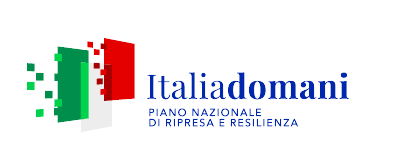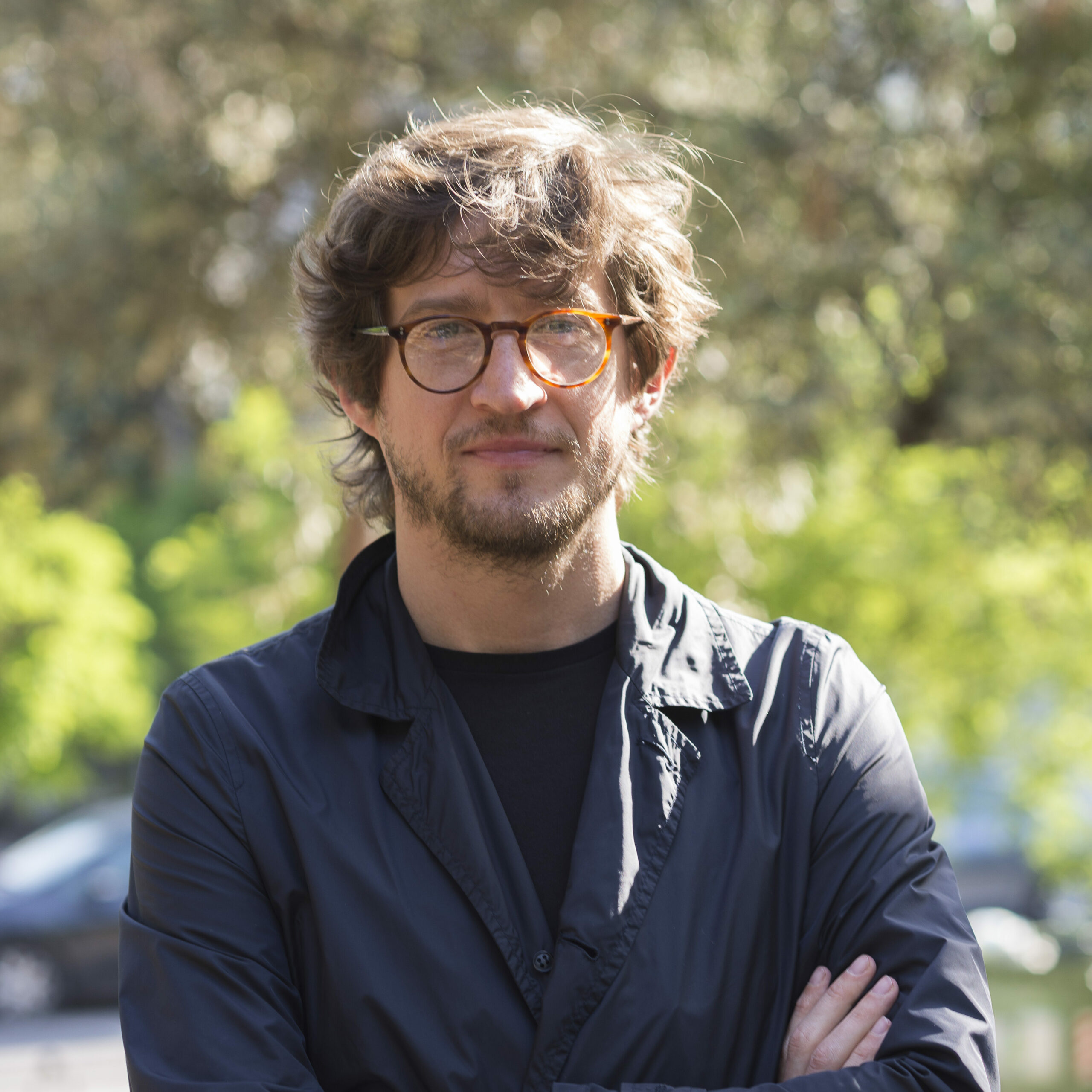PROJECT
We all know what taste is; we experience it daily. If the language of taste is familiar to us, the social mechanisms that regulate its functioning are less so. This project starts from the assumption that taste encompasses a biological and almost precultural dimension, linked to the sensations through which flavors are perceived, and a social dimension, linked to intersubjective taste assessment. Our project articulates a sociology of taste that explores the junction between these two dimensions, differentiating itself from neurophysiological approaches, from purely cultural approaches and from those sociological approaches for which taste is only a reflection of social structure. Although taste appears to be something elusive and subjective, the approach pursued here studies sociologically a more regulated and empirically addressable phenomenon: professional evaluation of food and beverage.
The “custodians of taste”
Instead of focusing on the canonical highbrow objects on which taste analysis is oriented (art, literature, music), our project has deliberately chosen to focus on neglected but crucial professional fields, specifically wine and coffee, for gaining access to the sociocultural construction of taste. In sensory experience – the capacity of certain things to impose themselves on the percipient subject through their properties – the social dimension is expressed by tasters who describe and evaluate the value of what is being tasted. They are the “custodians of taste”, whose stances, skills and languages our project intends to analyze directly and in depth by means of ethnographic and qualitative methodologies, the most suitable for this purpose.
The first research that…
a. pays attention to taste as a concrete practice of perceiving and
evaluating things;
b. identifies two privileged fields to access this practice;
c. studies it in detail through ethnographic and qualitative methodologies;
d. offers a claim about the simultaneous refinement and progressive standardization of the (language of) taste in our society.
Key questions
How do taste professionals develop their competence (their sense of taste)?
How do they employ, reproduce and transform their knowledge and categories?
How can the singular and subjective moment of tasting – a one-time experience – be socially shared?
How does one respond to such knowledge about taste (is it received, endorsed, ignored, rejected)?
RESEARCH TEAM




This project is funded by the European Union – Next Generation EU, within the PRIN 2022 call, project “Sociology of Taste. Knowledge and judgment in taste-professions” (2022TCKFYE) – CUP E53D23011980006.




